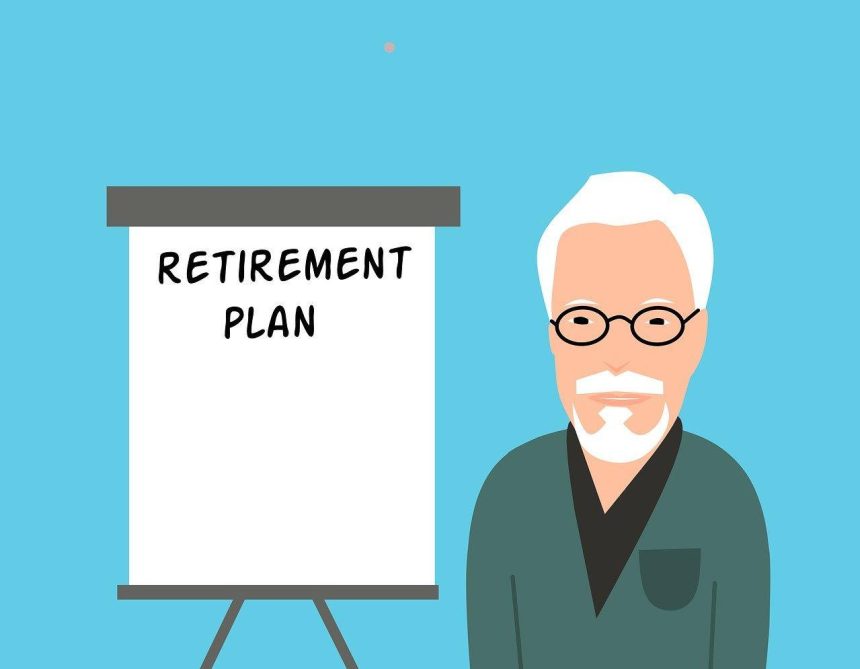The Concept of Retiring Early: More Than Just Savings
The idea of leaving work decades before the traditional retirement age appeals to many Americans. Whether someone hopes to stop working at 55, 50, or even earlier, early retirement isn’t only about building a large bank balance—it involves lifestyle choices, financial planning, and personal priorities. Your cost of living, daily routine, legal and financial options, and even where you choose to live all influence how realistic early retirement can be.
What Early Retirement Really Means
Retiring early doesn’t always translate to never working again. For some, it means permanently stepping away from full-time employment. For others, it provides freedom to shift into part-time jobs, entrepreneurship, consulting, or passion-based projects without relying on a paycheck to survive.
Before crunching numbers, consider questions like:
- What lifestyle do I want to maintain?
- Which location or community fits how I want to live?
- How will I handle healthcare access and medical expenses?
- What will keep me connected, active, and mentally engaged?
Your financial plan should support the life you want—not the other way around.
How Common Is Early Retirement?
Leaving the workforce before 65 is more common than people assume, though motivations vary widely. Surveys show about 15% plan to retire before 60, while another 22% expect to retire between 60 and 64. Over half of younger workers believe they’ll retire earlier than 65. However, reality often unfolds differently—around 58% retire sooner than expected, with the average actual retirement age being around 62.
Common reasons people retire early include:
- Health problems (about 46%)
- Job loss, burnout, or workplace changes (roughly 43%)
- Family caregiving responsibilities (around 20%)
- Lifestyle goals such as travel or personal fulfillment (popular among retirees under 61)
- Financial confidence and preparedness (only about 21%)
These numbers show that retirement often happens due to life changes rather than a perfect financial plan. Flexibility is crucial.
How Much Money Is Needed to Retire Early Comfortably?
One of the biggest questions future retirees ask is:
“How much money is enough?”
There is no universal figure because costs vary based on lifestyle, healthcare choices, location, and when Social Security or pensions begin. Many advisors suggest saving 25–35 times your annual expenses, giving your investments room to grow while funding decades of retirement.
However, “comfortable” looks different for everyone:
- Some people live modestly in low-cost cities or countries and retire with far less than traditional estimates.
- Others who want frequent travel, premium healthcare, or a luxury lifestyle may need several million dollars to feel secure.
Ultimately, your financial requirements depend on how you plan to live, not just how early you stop working.
Lynn Martelli is an editor at Readability. She received her MFA in Creative Writing from Antioch University and has worked as an editor for over 10 years. Lynn has edited a wide variety of books, including fiction, non-fiction, memoirs, and more. In her free time, Lynn enjoys reading, writing, and spending time with her family and friends.















